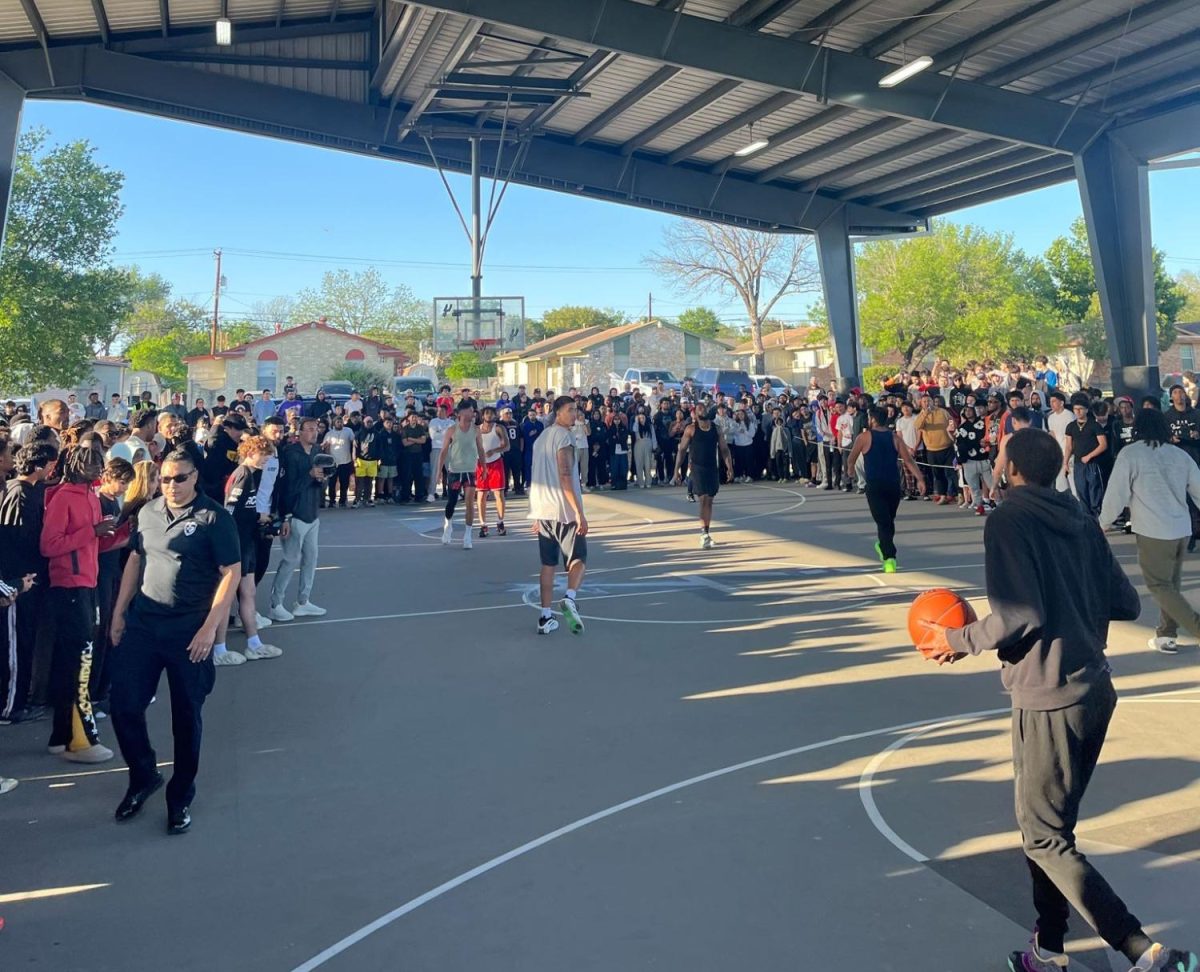The month of May is known for many things, such as graduation, warm weather, and final exams. It is also Mental Health Awareness Month. Taking care of your mental health comes in various forms. Some people talk to a therapist, others take antidepressants, some do breathing exercises and mantras to help calm their minds. It is something that is very normal, however despite the progress that has been made to aid people in their mental health struggles, there are still many things that are lacking. There are stigmas surrounding the idea about mental health that are still often overlooked and dismissed.
Stigmas over mental illness need to be addressed.
One stereotype that is common when it comes to mental health is that it only affects a few people. Many don’t understand just how vast mental health issues are, and how many people go through it, whether they talk about it or not. According to a 2020 National Institute of Mental Health survey, 21% of all adults in the United States deal with any mental illness, otherwise known as AMI. This same organization found that 49.5% of teenagers suffered from a mental health disorder. In another study done by the National Alliance on Mental Illness, 43.4% of adults in Texas were reported to have signs of depression or anxiety in February 2021, and 1 out of 6 kids from the ages of 6 to 17 were found to have gone through mental health struggles. This is more prevalent than people think, and it shouldn’t be taken lightly.
Another misconception about mental health is that if someone decides to go to a therapist or counselor they will be fixed. Mental illness is not something that can be corrected, and it doesn’t mean that the person experiencing it is broken or unstable. After seeing the statistics above, it is known that many people struggle with mental health issues, and while people have improved significantly from going to counseling and doing therapeutic exercises, it does not make the disorder go away. Just like many other things in life, people learn to adapt and manage their own mental health issues, and sometimes it requires them to go to a therapist for weeks, months, and even years in order to do that. It does not “cure” the illness itself, but it helps people find some comfort in what they are experiencing.
One of the most controversial views on mental illness is that people are being dramatic or weak if they admit to their struggles. This is far from true, especially when you take into consideration the amount of adults and teenagers who deal with mental health issues. The pandemic was also no help in improving the mental well-being of the nation. The World Health Organization found that COVID-19 has left many with higher levels of anxiety, depression, and stress. All of these things are linked to the isolation during the pandemic, and people were then left feeling lonely and terrified because of how many people suffered during that time. When you think about the amount of troubling things that happened during the pandemic, and how everyone’s lives were turned upside down while in quarantine, it is clear that people are not being dramatic when saying they need help. Even now that it’s 2023, there are a lot of issues that have been left by being isolated and stressed for over a year.
It is up to individuals themselves to change their opinions on mental health, however it is the responsibility of the society to make these conversations more normal. It is especially important for schools and workplaces to start talking to students and employees about creating a safe space for people to use and discuss issues that they are having. It is crucial for teachers to be able to talk with their students and make it more common for kids to express problems they are facing with their mental health. Schools could even provide families with information on mental illness and offer contacts for counseling or therapists if a child ever feels like they need to speak to a licensed professional.
The last few years have been particularly rough for many in this country, and even just in this state. Adults, teenagers, and children have all had to deal with certain struggles with maintaining their mental health and finding someone to talk to. The only way the mental health crisis can improve is if society works to dismantle the harmful assumptions or dismissals of very normal and common issues.


















